
This page collects miscellaneous reviews for 1990s artists who I’ve just covered a handful of albums by:
Eric Clapton | Dream Theater | Ben Harper | Various Artists: Heisei No Oto | Alanis Morissette | Nas | Oasis | Liz Phair | Primal Scream | Stone Temple Pilots | Teenage Fanclub | Various Artists
Eric Clapton
Unplugged
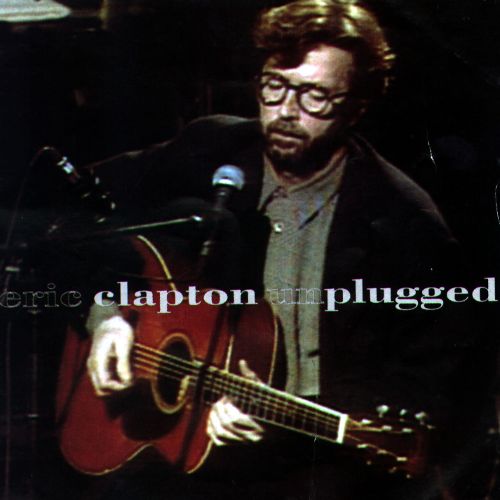
1992, 5.5/10
Jumping on the bandwagon of MTV Unplugged Specials, this live album thankfully steers clear of Clapton’s 1970s AOR hits, and sticks to mostly traditional blues songs. Clapton also avoids his early career; the notable exception is a reworking of ‘Layla’, which lacks the power of the original in this format. There’s a classy and restrained performance from his backing band, with dual acoustic guitars and classy bluesy keyboard noodling. But with Eric Clapton, who is just about the least charismatic lead vocalist in existence, fronting Unplugged, it’s difficult to get excited about this popular live album.
Of course, the famous song from Unplugged is ‘Tears in Heaven’, a tribute to Clapton’s infant son who fell from his apartment. Despite its overplay and inherent sappiness it’s not as terrible as its reputation warrants, even if it does reinforce the album’s adult contemporary flavour. Conversely the highlight of Unplugged is ‘Running on Faith’, the other song with the least blues influence, which has a touching gospel feel.
Elsewhere Unplugged works when there’s a sense of fun; ‘Alberta’ is a light-hearted Huddie Ledbetter piece filled with rollicking piano, while ‘San Francisco Bay Blues’ pulls out a showstopping kazoo solo. Most of the highlights are clustered in the second half of the album, and it’s a test of endurance getting to them through boring blues songs like ‘Hey Hey’ and the watered down version of ‘Layla’.
Unplugged isn’t without its good qualities, but I just don’t find Clapton interesting enough to be able to sit through it.
Dream Theater
Images And Words
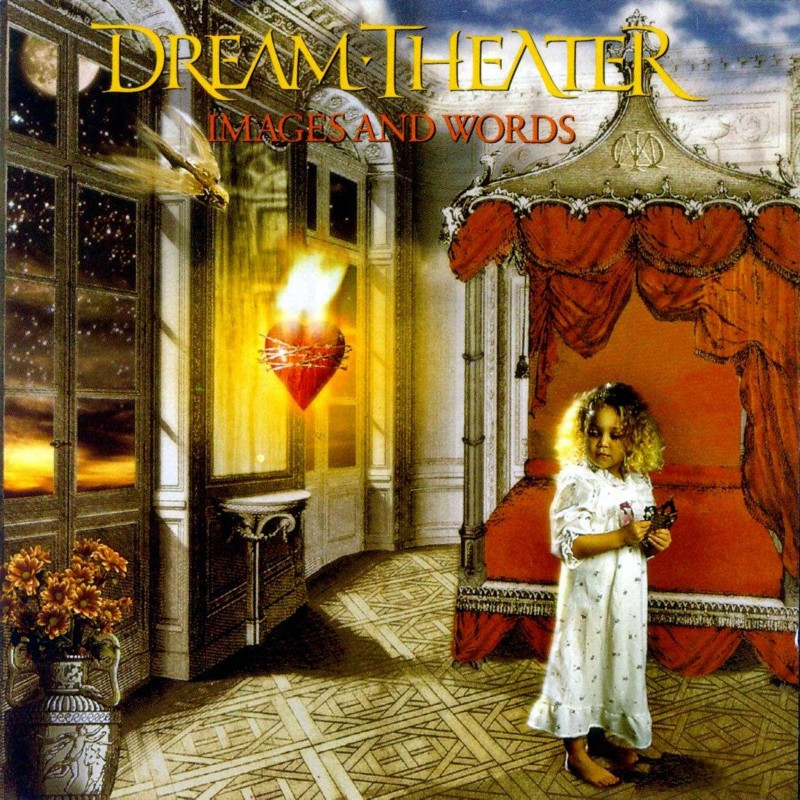
1992, 8/10
After their debut bombed, Boston’s progressive-metal Dream Theater recruited high pitched and operatically trained James LaBrie, launching this grandiose mixture of terminally uncool progressive rock, hair metal and AOR balladry. Dream Theater’s biggest draw-card is the member’s impressive instrumental abilities; if you could prove that intricate solos and riffs automatically equated to good music, and there are music fans for whom this is certainly true, Dream Theater would be top of the pile. LaBrie’s high pitched vocals can be off putting, but he fits in nicely to the sound of the band even if he does come across as soulless at times (it doesn’t help his credibility that he doesn’t write any of the lyrics); the purity of his voice on this record is often gorgeous. But the primary reason for the success of Images And Words is that the group have some straightforward, memorable tunes on occasion, balancing the more intricate and demanding pieces.
The centrepiece of Images And Words is the ten minute ‘Metropolis-Part 1’; a complex progressive piece full of insane instrumental breaks, memorable melodies and an involved story-line that was later expanded to create 1999’s album Scenes From A Memory. ‘Take The Time’ effortlessly explores difficult rhythms, while Petrucci’s solo in ‘Under The Glass Moon’ was designed to be so technically challenging as to be impossible to copy. Of the more accessible songs, the simplistic structure of opener ‘Pull Me Under’ works when coupled with the group’s blazing chops. ‘Surrounded’ turns a beautiful piano piece into a full blown rocker before dropping back into ballad mode. On the negative side of the ledger, ‘Another Day’ drifts a little close to adult contemporary with its saxophone solos, and the closer ‘Learning To Live’ could have been trimmed.
I don’t know that I recommend Images And Words per se – there are music fans to whom it just won’t appeal – but I enjoy its blending of pop hooks and progressive shredding, served with an extremely hearty dollop of cheese.
Awake
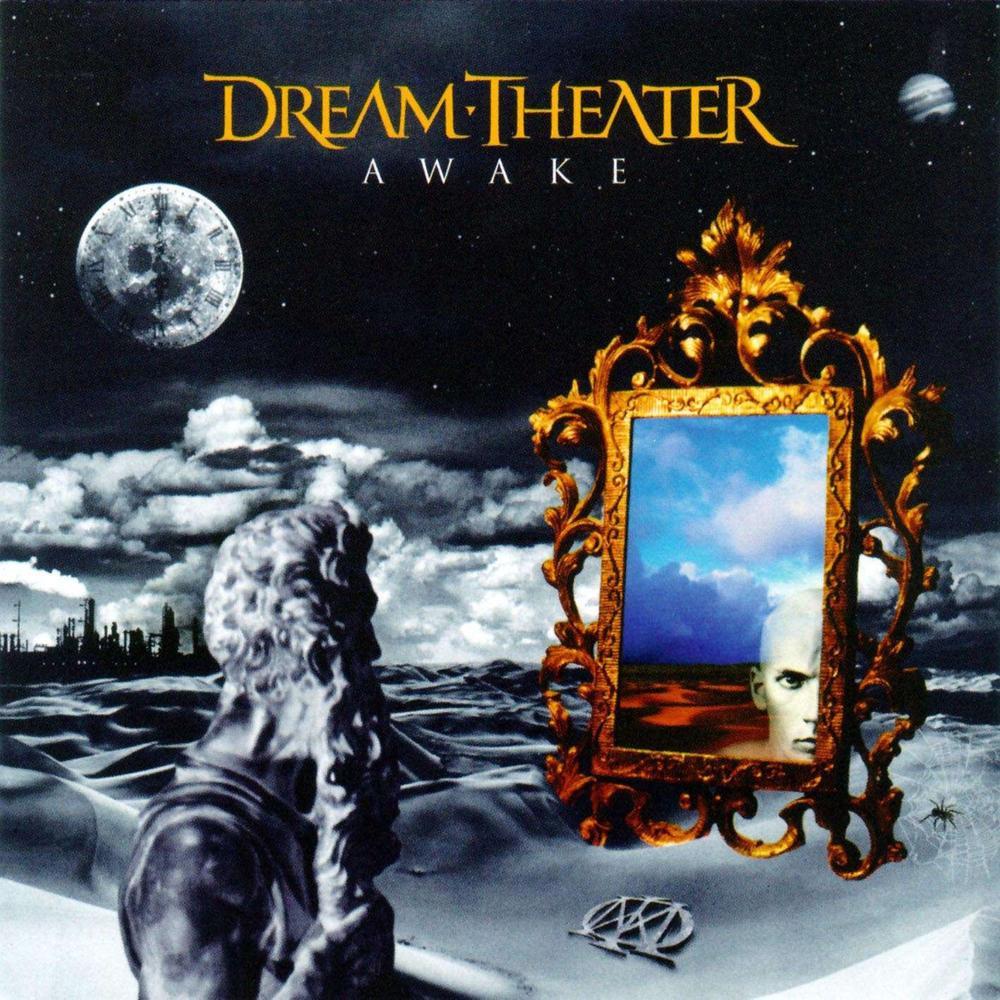
1994, 6.5/10
I own three Dream Theater albums, and to me that’s perfect for this band – I feel like owning any more would reveal a lack of substance behind the facade and destroy the mild affection that I have for them. Awake tends to be their third most acclaimed album after 1992’s breakthrough Images and Words and 1999’s concept behemoth Metropolis Pt. 2: Scenes From a Memory, although 21st century records like Six Degrees of Inner Turbulence and 2005’s Octavarium are also well regarded.
At 75 minutes, Awake is nearly twice as long as Images and Words, and it doesn’t have enough strong material to justify the doubling in running time. More importantly, it doesn’t have as convincing pop hooks as Images and Words – while ‘Innocence Faded’ has a memorable chorus, often a song’s refrain is simply shouting the title at a higher pitch than the rest of the song. ‘6:00’ has some impressively fast riffing, ‘Space-Dye Vest’, contributed by outgoing keyboardist Kevin Moore, is a nice closer, and ‘The Silent Man’ is a memorable acoustic piece.
But at 75 minutes, there’s not enough substance on Awake to hold my interest, and I usually just cherry pick the highlights.
Metropolis Pt. 2: Scenes from a Memory
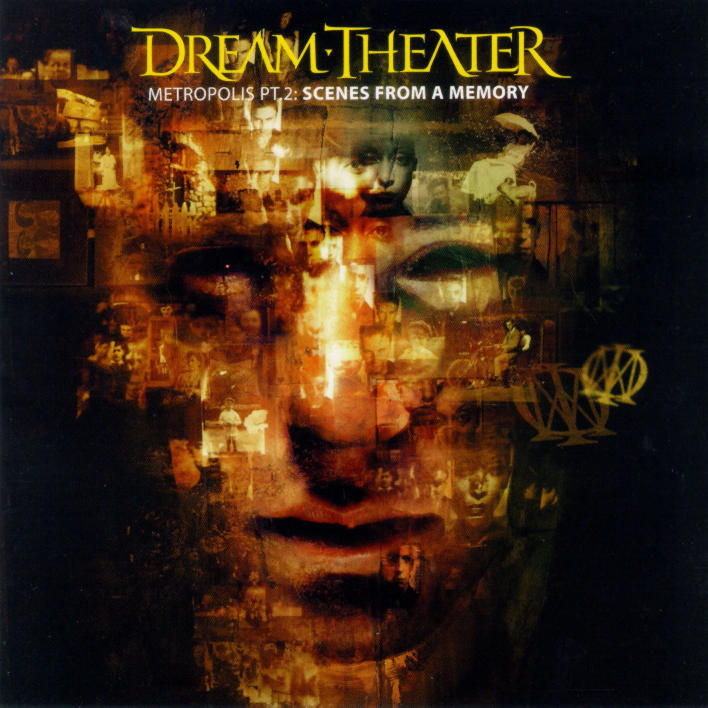
1999, 8.5/10
On their 1992 album Images And Words, Boston progressive metal band Dream Theater included the fan favourite song ‘Metropolis-Part 1’, causing speculation about the existence of a sequel. When this sequel emerged seven years later, it wasn’t merely a song, but an entire eighty minute concept album about a young man haunted by the spirit of a girl who was murdered in 1928.
Metropolis is Dream Theater’s first concept album, and it’s very much a throwback to the big thematic works of progressive rock’s 1970s heyday, with repeated instrumental themes. Dream Theater’s collective virtuosity is lifted even further by the addition of keyboardist Jordan Ruddess, whose ragtime interludes (‘The Dance of Eternity’) help to boost the band’s arsenal of sounds even more. James LaBrie’s voice has lost the pretty high end that he had on earlier albums, and he’s a little unconvincing on the more emotive songs. Highlights include the thirteen minutes of ‘Home’, with the sitar-like guitar leads, and the delayed gratification of the harmonised chorus. ‘The Dance of Eternity’ has lots of entertaining jamming, while ‘Fatal Tragedy’ has plenty of plot exposition and hooks.
While I’m not brave enough to venture too much further into Dream Theater’s discography, Metropolis Pt. 2: Scenes from a Memory is generally regarded as their magnum opus, and it’s a cohesive and accomplished concept album.
Ben Harper
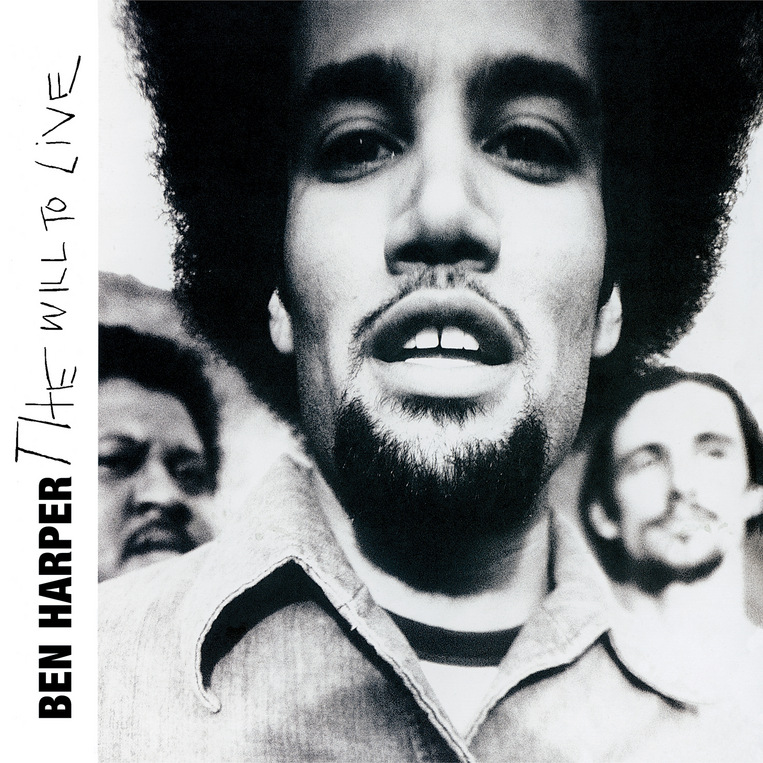
American musician Ben Harper occupies the middle ground in many aspects of his musical career, whether in musical style, race, and even market positioning, covering the same black socially aware folk-pop crossover that Tracy Chapman did with her debut five years earlier. Harper’s signature instrument is the Weissenborn lap-slide guitar, which gives many of his songs a distinctive tone. While he’s managed crossover hits like ‘Steal My Kisses’, ‘Faded’ and ‘Diamonds On The Inside’, he’s largely evaded mainstream success, and remains in a strange nether region between mass-popularity and a cult following, although he’s very popular in my home country of New Zealand. He can sing well, play well, writes solid songs, his lyrics are thoughtful, and he covers a fair amount of stylistic ground in his later records; he’s adequate in every facet without being particularly outstanding in any. He’s not without talent, but he’s not really interesting enough to avoid feeling burnout after listening to too much of him; I regard him as a pleasant second tier talent, and it’s maybe worth hearing an album or two of his.
Welcome To The Cruel World
1993, 5.5/10
Welcome To The Cruel World is centred around acoustic singer-songwriter material, rooted in folk and blues. While I guess it has a nice earthiness and authenticity to it, it does become wearying over the course of the entire album. A few songs do stand out – ‘Forever’ is a pretty acoustic ballad, ‘Pleasure and Pain’ uses a memorable and elegant minor key melody, and the piano driven anthem ‘I’ll Rise’ ends the album on a triumphant note. The other track that stands out is ‘Mama’s Got A Girlfriend’ but for all the wrong reasons; musically it dabbles in soppy Paul Simon world music territory, while its lyrics go out of the way with their political correctness to show Harper as an open-minded modern man. This moral superiority that permeates Harper’s lyrics is distracting; he tends toward potentially interesting social commentary, but it often seems like he has an agenda of proving how enlightened his attitudes towards lesbianism and marijuana are. In essence Welcome To The Cruel World is a bunch of competent acoustic blues songs in succession.
Fight For Your Mind
1995, 6/10
Fight For Your Mind is more ambitious than Harper’s debut, with a few epic tracks that are more intriguing anything previously, but it’s not really an improvement, stretching out to nearly seventy minutes without breaking out of acoustic gospel, folk, and blues territory. This time around the good songs are more distinctive than previously and make more of an impact, and there’s more of a jam vibe and band feel to the best songs, but the longer running time cancels out any benefit of this, and the net effect is much the same as previously. The most interesting song on Fight For Your Mind is the twelve minute slide epic ‘God Fearing Man’, where Harper’s Weissenborn shines, while ‘Ground On Down’ also features excellent slide work. The string drenched ‘Power Of The Gospel’ at least has a haunting atmosphere going for it, and it’s another of the record’s most interesting pieces. But ‘Burn One Down’, where Harper expounds on how he can smoke pot in a politically correct way, severely diminished my respect for his work. When Fight For Your Mind works, it’s when the energetic and ambitious playing propels it to new levels.
The Will To Live
1997, 8/10
For my money, Harper peaked with The Will To Live, which is more eclectic and has better quality control than its predecessors. It starts strongly with the single ‘Faded’, which has an aggressiveness and jaded lyric that’s out of step with the rest of the material. The abrasive edged songs ‘Roses From My Friends’ and ‘Glory And Consequence’ blend in well with subdued ballads ‘I Want To Be Ready’ and ‘I Shall Not Walk Alone’, while the picture is rounded out by jazzy touches in ‘Homeless Child’ and ‘Mama’s Tripping’. The Will To Live is a remarkably even record; at worst ‘Jah Work’ drags a little, but everything else works really well. Enjoyment of The Will To Livehinges on appreciation of Harper’s lyrical content to a greater extent than is usual for a music album. Harper’s melodies, and on his occasion his lyrics, aren’t as arresting as they need to be to propel The Will To Live out of the shadows of what’s proceeded him, but it’s still a tasteful and impressively consistent effort.
Burn To Shine
2000, 4.5/10
I’m not sure if Burn To Shine really is the worst Ben Harper album to date, or I’m just really getting sick of trudging through his discography, but either way I’m not very impressed by this record. Ot’s half comprised of boring dark rockers like ‘Less’ and ‘Please Bleed’ and half disjointed miscellany like the string soaked ballad ‘Beloved One’ and the Dixieland ‘Suzie Blue’. It’s full of unfortunate contrasts like the jump from the delicate and pretty ‘Two Hands Of A Prayer’, straight into the bludgeoning and awkward ‘Please Bleed’. And lyrically, instead of the social and spiritual themes that dominated his earlier work, it’s relying on lyrics about relationships. Burn To Shine starts weirdly with the low key, repetitive ‘Alone’, and never really picks up steam. There were some excellent rockers on the previous two records, but there’s practically nothing here – there are too many ugly pieces like ‘Less’ and ‘Woman in You’. The most effective tracks are the most diverse – the Dixieland ‘Suzie Blue’ and the pop crossover ‘Steal My Kisses’ are arguably the best two songs here, both with memorable arrangements and melodies that are lacking elsewhere.
Diamonds On The Inside
2003, 7/10
This time around, Harper makes the diversity work in his favour, and the result is much more satisfying. Diamonds On The Insideencompasses reggae, country, folk, hard rock, blues, as well as the a capella ‘Pictures of Jesus’ with Ladysmith Black Mambazo. With such an incoherent range of styles, it is not surprising that Diamonds On The Inside doesn’t coalesce particularly well. The individual songs that don’t work are ‘Pictures of Jesus’, which sounds like a dull Graceland outtake, while lead off single ‘With My Own Two Hands’ is formulaic take on reggae. The title track is a lovely country tinged ballad, while ‘Everything’ is an infectiously bouncy pop tune, ‘Blessed To Be A Witness’ is wonderfully minimalist while ‘She’s Only Happy In The Sun’ closes proceedings on a nice somber note. ‘Touch From Your Lust’ is a dynamic rocker, while ‘So High So Low’ launches into a furious assault from a gentle introduction. Best of all is ‘Amen Omen’, with a satisfying sense of spirituality. Diamonds On The Insideis more a collection of individual songs than a cohesive statement, but it’s such a good collection of songs that no one’s complaining too loudly.
Heisei No Oto
Japanese Left-field Pop From The CD Age (1989-1996)

2021, 8.5/10
I’m pretty sure this is the first time that I’ve included a compilation of songs from various artists in this column. Sometimes compilations seem like a lazy shortcut – an unsatisfying collection of songs that are all over the radio anyway. But this one does the opposite – it gathers up music from a scene I was almost entirely unaware of. Heisei No Oto runs the gamut from mainstream pop to hints of trip-hop and hip hop, but it’s unified by a dreamy sound. The set was collated by two longtime record shop employees.
Yellow Magic Orchestra founder Haruomi Hosono is one of the most famous names featured on the projects, with the 1996 track ‘Yeelen’, released by his project Love, Peace & Trance. There’s a lot to take in, but favourites include the dreamy instrumental ‘Phlanged Vortex’, from the 1995 album of Friends Of Earth alumni Eiki Nonaka. Nestled among the spacey instrumentals, Keisuke Sakurai demands attention with his quickfire yet relaxed rapping on 1991’s ‘Harai’ – according to Discogs he only released a single album. There’s also the oddball stuff you might expect from Japanese pop – Dido’s ‘Mermaid’ is the offbeat pop you’d expect to dominate the record.
Heisei No Oto is a coherent and enjoyable overview of weird Japanese pop.
Alanis Morissette
Jagged Little Pill
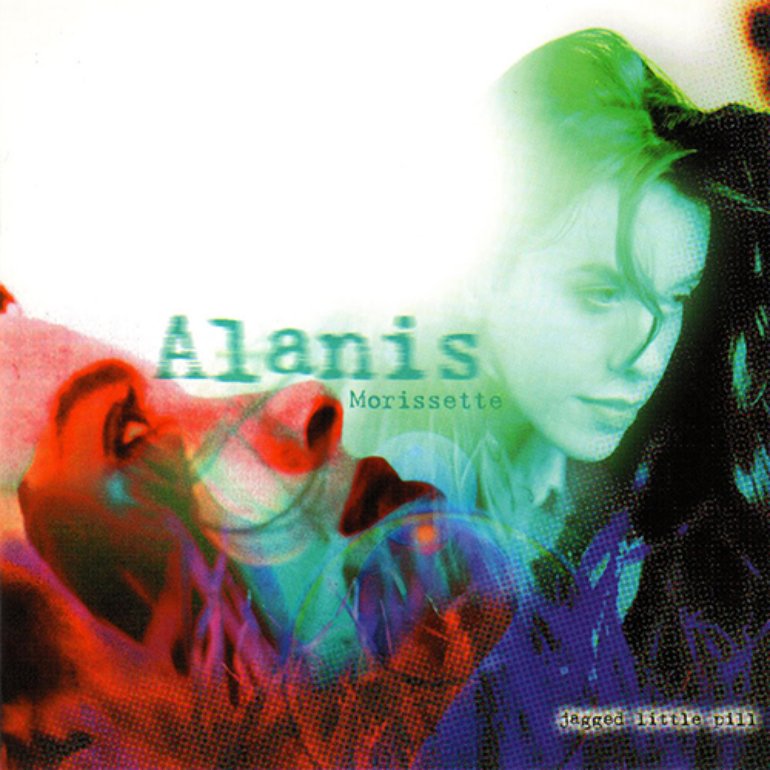
1995, 5/10
Jagged Little Pill was the only time that I’ve ever jumped onto a music bandwagon, then regretted it afterwards. My sister and I pooled our resources to buy Jagged Little Pill. Later I tired of it and my sister insisted on buying out my share on the basis that it introduced her to “good music”.
Jagged Little Pill is a definitive record of the mid 1990s; with her aggressive, confessional lyrics and lite-grunge sound, Morissette hit a commercial sweet spot, and hits like ‘Hand Over Pocket’ were inescapable in early 1996. ‘You Oughta Know’ with Flea guesting on bass and Dave Navarro on guitar rocks hard enough to hold up, and as insufferable as Morissette can be, I still find her preferable to Anthony Kiedis. But the mellow songs like ‘Not The Doctor’ emphasise the unpleasant whine in her vocals, while songs like ‘Perfect’ and ‘Mary Jane’ have overwrought themes without anything to make them musically compelling.
Morissette is so confrontational on Jagged Little Pill that it’s her lyrics that make the biggest impression, and because her voice and her lyrics often make me squeamish, the music doesn’t generally do enough to compensate.
Nas
Illmatic

1994, 10/10
Twenty-year-old Nas released one of the most critically acclaimed hip hop albums of all time with his debut Illmatic. It was recorded in New York, and along with contemporary releases from The Wu-Tang Clan and Mobb Depp, the period was known as the East Coast Renaissance.
Illmatic is structured like a rock album – a tight ten-track, forty-minute record that eschews the skits and long running times of 1990s hip hop. With its realistic portraits of street life in New York and lack of glamour, it’s a natural hip hop album for rock fans to gravitate towards, and it’s not surprising that it’s a fixture of best album of all time lists.
Nas is the son of trumpeter Olu Dara Jones, who plays cornet on ‘Life’s A Bitch’. Nas is also accompanied by AZ, and the pair deliver memorable and nihilistic lines like “And my mentality is money-orientated/I’m destined to live the dream for all my peeps who never made it.”‘The World Is Yours’ provides a note of optimism on a streetwise, realistic record. Nas wrote the lyrics for ‘N.Y. State of Mind’ in the studio during the recording session, but it was later featured in the Norton Anthology of African American Literature.
Illmatic is generally regarded as one of the best hip hop records of all time, and I’m not going to disagree.
Oasis
(What’s The Story) Morning Glory?
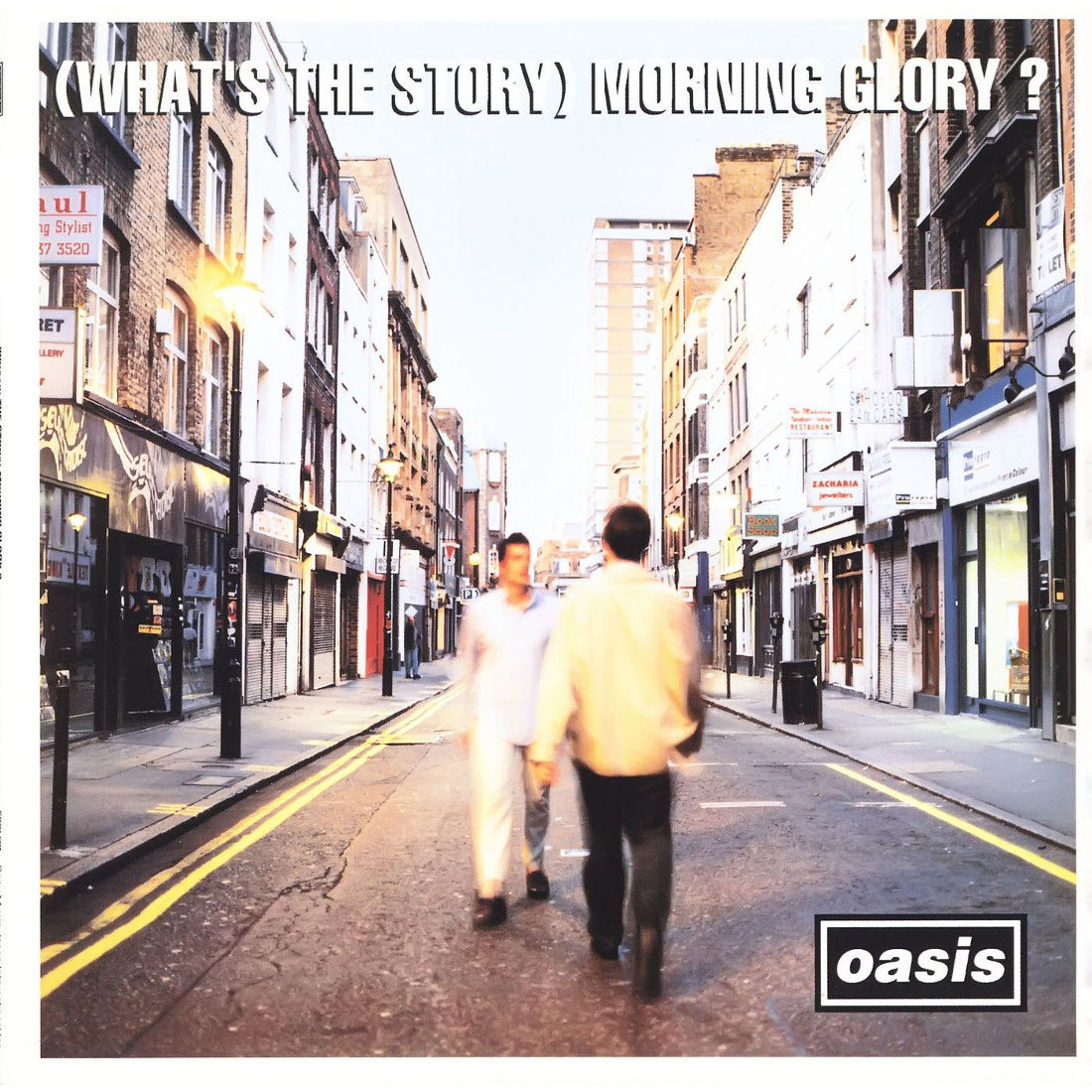
1995, 8/10
Oasis were over-hyped by the time of their second album, but (What’s The Story) Morning Glory? is appealing now that it’s clear they were a good band, not a great one. Oasis’ brash goal was to combine The Beatles’ song-craft with The Sex Pistols’ aggression, and in retrospect they came close. They created an attractive and aggressive wall of sound, Liam Gallagher’s swaggering snarls are an effective topping, while Noel Gallagher’s songs are generally strong.
Oasis are often accused of pilfering from The Beatles, but there are less explicit thefts than a recreation of the general vibe. Most tangibly, ‘She’s Electric’ has a cutesy McCartney feel, ‘Don’t Look Back In Anger’ steals the first couple of chords from ‘Imagine’, while the liner notes name check John and Paul. One thing that Oasis neglected to steal was The Beatles’ propensity for brevity; the over-long running times of most of the songs is Morning Glory?‘s Achilles Heel.
‘Wonderwall’ and ‘Don’t Look Back In Anger’ (sung by Noel), both classic slices of Brit-pop, are the well-known singles, but there are other high points; ‘Champagne Supernova’, featuring The Jam’s Paul Weller on lead guitar and backing vocals is the arguable highlight, with an aching verse and a soaring chorus, while ‘Roll With It’ is propulsive and infectious.
In hindsight, (What’s The Story) Morning Glory? is less significant and accomplished than it seemed at the time, but it’s still an enjoyable piece of retro fun. Oasis were unable to maintain the same artistic level since; general consensus is that their first two albums were their best.
Liz Phair
Exile In Guyville
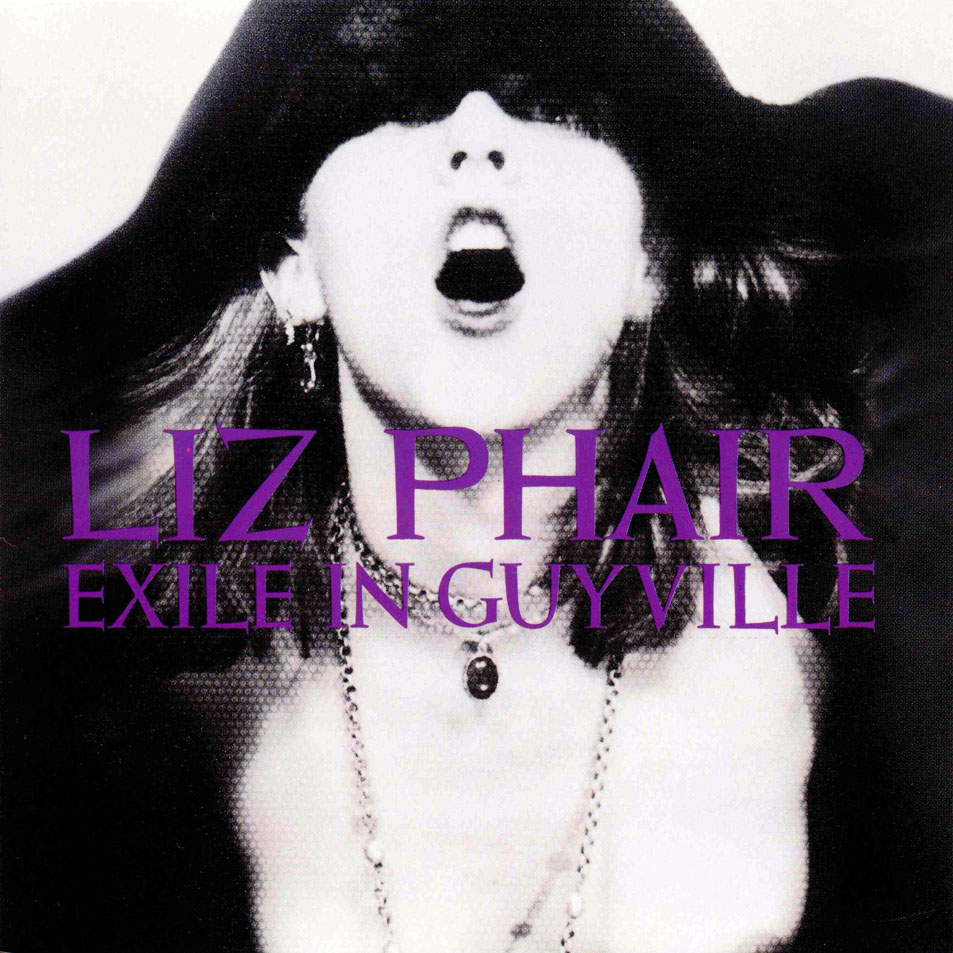
1993, 5.5/10
Illinois based critical darling Liz Phair started her career recording songs in her bedroom, leading to her signing on Matador. Purportedly a song by song response to The Rolling Stones’ 1972 classic Exile On Main Street – Phair claims that this was because she had no idea how to structure an album from scratch – the unpolished and explicit nature of the album won her immediate attention and it was hailed as an instant classic. It’s still revolutionary; some of Phair’s lyrical assertions are shocking in their frankness. But Exile In Guyville is far more potent in societal terms than in musical terms; lines like “I’ll be your blowjob queen” are far more memorable than most of her tunes. Phair’s unusual song structures and melodies do reveal an interesting talent, but at eighteen tracks and lots of slow draggy songs Guyville could benefit from some drastic trimming.
Despite the aggressive sexual assertion of songs like ‘Flower’ and ‘Dance Of The Seven Veils’, it’s the insecure admissions of ‘Fuck and Run’ that is the album’s most emotionally affecting moment. “I want all that stupid old shit/Like letters and sodas”, she complains, revealing a sweetness that’s not apparent in other moments; “I can feel it in my bones/I’m gonna spend my whole life alone/It’s fuck and run/Fuck and run/Even when I was seventeen.” Even discounting the most provocative moments, her lyrics are often excellent: “When you said that I wasn’t worth talking to/I had to take your word on that/But if you’d known/How that would sound to me/You would have taken it back/And boxed it up and buried it in the ground….Burned it up and thrown it away” is a particularly telling couplet from ‘Divorce Song’. Even if Phair is an insightful writer, Exile In Guyville isn’t consistently musically engaging; for every well constructed piece like ‘Fuck and Run’ or ‘Stratford-on-Guy’, there’s a dull tuneless meandering like ‘Canary’ or ‘Shatter’.
There is a more substance to Exile In Guyville than there usually is for an album rated at this level, but ideally it would be enjoyable to listen to as well as being ground-breaking.
Whip-Smart

1994, 6/10
Exile on Guyville was such a unique record that it was inevitable that its follow-up would be more normal. Whip-Smart is far closer to regular Indie rock than its predecessor. The song structures and lyrics are more conventional, and the arrangements are punchier. This takes away a lot of what made Phair unique, but I find Whip-Smart more listenable than its predecessor. Still, there’s no single song that comes up to the standard of ‘Fuck and Run’.
The two most significant songs are at the beginning; ‘Chop Sticks’ bears the closest resemblance to Exile, with the detached vocals and dirty lyrics at their most evident. ‘Supernova’ is the unabashed attempt at a hit single, with a purposefully big chorus; it’s not as embarrassing as her later attempts at commercialism, but it’s not particularly convincing. I’m sure that her lover was flattered to be compared favourably to a volcano (it’s probably more flattering than being referred to as a “fountain of youth” – see below), but it’s cloying and the music is vapid. Elsewhere the album is just middling quality the whole way through; Phair has plenty of personality, but there’s scarce little that’s memorable and nothing that’s outstanding on a musical level. The “you’ve got to have fear in your heart” chorus from ‘Shane’ sticks, using the numbing repetition of Phair’s low key voice effectively. There are effective rock songs in ‘Go West’ and the title track, and Phair’s skewed take on the genre is more interesting than many of her generic mid-nineties contemporaries.
Still, it’s not a good sign when the primary reason that I prefer this album to its predecessor is because it’s significantly shorter.
Whitechocolatespaceegg
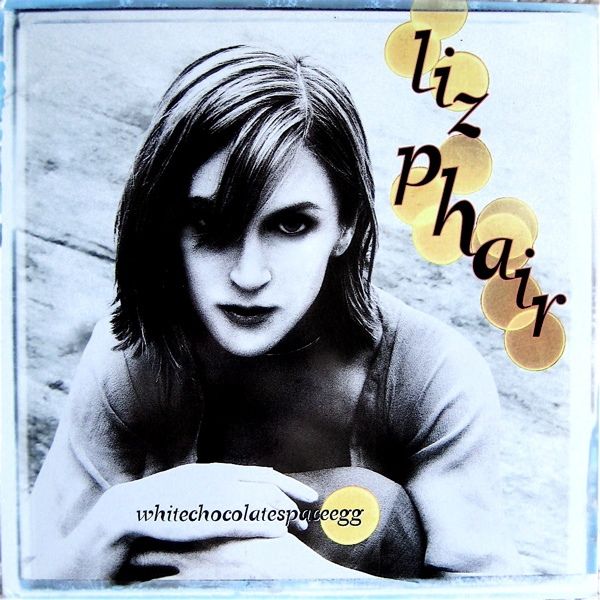
1998, 6.5/10
Whitechocolatespaceegg is my favourite Liz Phair album, although that’s not saying much. I’m not sure if that says something about my tastes; maybe I’m too mainstream to enjoy her two earlier, rough-edged and more provocative releases. But stripped of her individuality, there’s nothing to recommend her over more musically talented contemporaries; there’s the occasional nice chord sequence or winsome melody, but nothing particularly significant. Many of her original fans were disgruntled by the clean production and inoffensive nature of the record, claiming it as the point where Phair lost her inspiration and creativity – a theory supported by the song ‘Shitloads of Money’, where Phair unequivocally states that “It’s nice to be liked/But it’s better by far to get paid.”
Even though her lyrics are less remarkable than previously, due mostly to a lack of explicit sexual imagery, they’re insightful and read well on paper, so it’s a shame that she can’t convey them better musically. ‘Polyester Bride’ is my favourite Liz Phair song, combining a memorable chorus and eloquently feminist lyrics into a concise package. She also manages memorable and plaintive melodies on ‘Uncle Alvarez’ (another winner) and ‘Go On Ahead’, while ‘Love is Nothing’ is almost too poppy for Phair’s oeuvre with its blatant hooks heading straight for the pay dirt. ‘Headache’ even gets trippy, with a catchily repetitive bass line. Still, it’s hard to be too excited about Whitechocolatespaceegg; it’s too uniform, with most tracks based around clean rhythm guitar textures, and there are too many throwaway tracks like the dorky rockabilly of ‘Baby Got Going’.
There are worse 1990s acts out there – I like Phair enough to sit through four of her albums – but I’m not sure if she’ll be remembered beyond the shock effect of ‘Exile in Guyville’.
Liz Phair

2003, 3/10
The strange decision of this formerly controversial indie queen to hire Avril Lavigne’s producers and aim for the mainstream has been met with widespread bemusement, and it’s not difficult to see why. The whole package is so misguided and fraught with inner contradictions that it’s almost impossible to take seriously. Phair has explained that she’s always wanted a hit single, while apologists have tried to explain that the album reflects Phair’s confusion as a mother and divorcee; this explain the slick production but not the incoherent and laughable mishmash of lyrical content.
While the album’s often too slick and overproduced for its own good, it’s the lyrics that are the main problem. On the positive end ‘Little Digger’ is touching enough, stating Phair’s attachment to her child and her confusion regarding her estrangement from the child’s father, although it gets condescending fast with lines like “Now you’re thinking little thoughts about it”. Elsewhere the lyrics range from generic, to teen generic (“Baby, baby, if it’s all right/I want you to rock me……ALL NIGHT”), to a level of ridiculousness seldom equalled in the history of popular music. “Oh baby know what your like?/You’re like my favorite underwear/And I’m slipping you on again tonight” is the punch line of ‘Favourite’, and it’s hard to imagine anything more cringe-worthy. That is, until Phair outdoes herself with ‘H.W.C.’; backed by some innocuously bright country rock, Phair extols the virtues of semen as a beauty aid. A fountain of youth is, in fact, the exact metaphor she uses to describe her lover.
Liz Phair isn’t without musical appeal, but it loses any possible credibility with some of the dopiest lyrics in the history of recorded music.
Primal Scream
Screamadelica
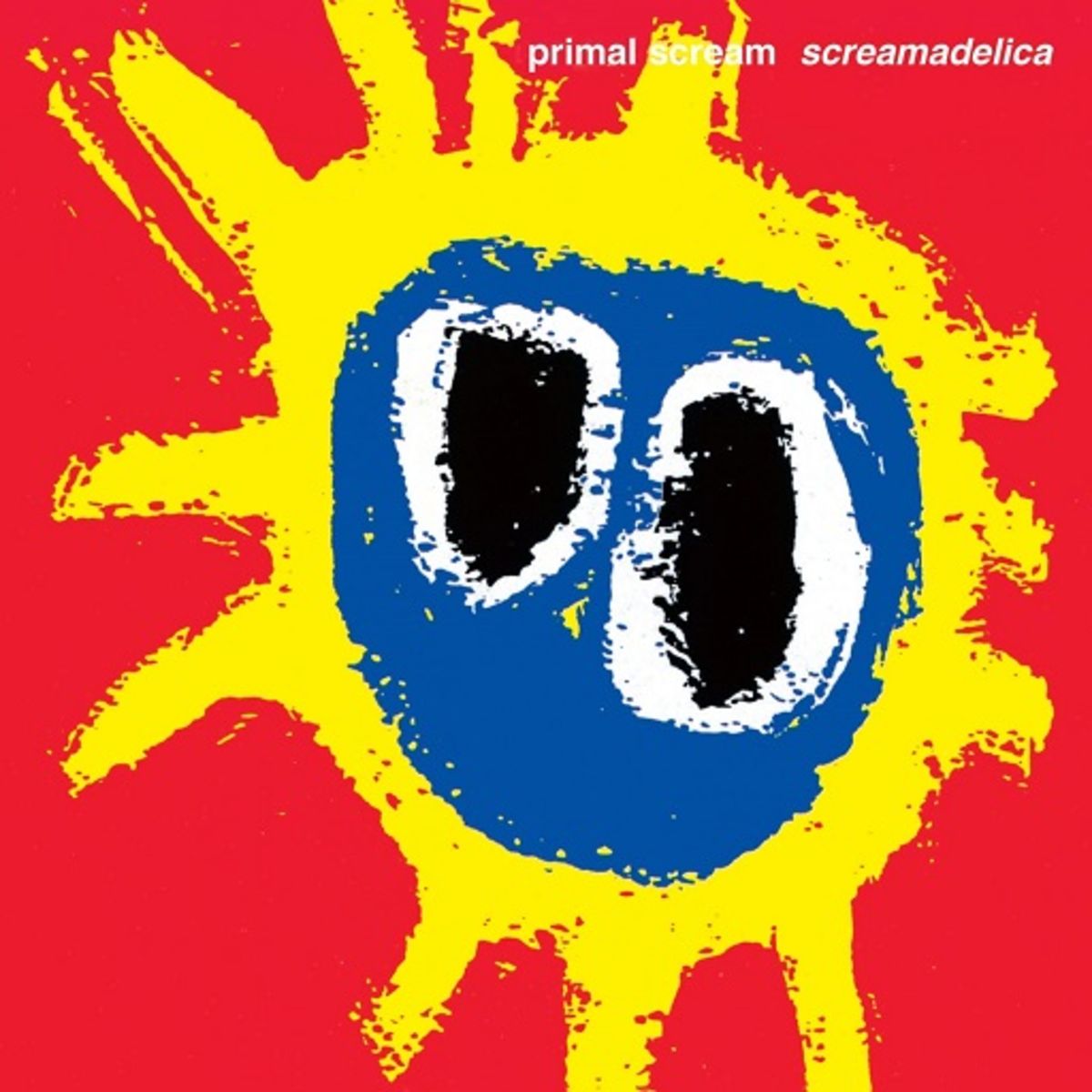
1991, 8.5/10
Almost twenty years after Exile On Main Street, Glasgow’s Primal Scream successfully replicated the spirit of the Rolling Stones’ 1972 landmark. Rather than Keith Richards’ pharmaceutical eclecticism, Ecstasy is the sole drug of choice, and the setting has moved from the French Riviera to London clubs, but the same sense of drug induced decadence and gospel derived grandeur permeates both recordings.
While Screamadelica effectively ushered in the dance scene, it’s still comprehensible to classic rock enthusiasts; opener ‘Movin’ On Up’ is produced by Exile-collaborator Jimmy Miller and quotes Can. Screamadelica is supposedly an accurate aural representation of Ecstasy; the songs were originally recorded in straight up rock and roll fashion before were suddenly invigorated with dance remixes. The end result is sometimes drawn out, but more often than not it’s infused with an irresistible sense of grandeur. Paradoxically, on such an influential dance album, the songs that stand out are the most organic; ‘Movin’ On Up’ cruises along on a warm piano groove, while the gorgeous ‘Damaged’ is acoustically meditative. Elsewhere, the dance-oriented material runs the gamut from pretty ambient pieces like ‘Inner Flight’ to upbeat material like ‘Step Inside This House’.
It’s not quite consistently entertaining enough to garner full marks, largely due to the long running times of the tracks, but Screamadelica bears most of the other hallmarks of a significant record; the swagger, the historical significance and the mood are all palpable.
Stone Temple Pilots
Purple

1994, 6/10
I’m not an especial fan of 1990s grunge, so this second-tier act fails to excite me. For my money, 1990s grunge wasn’t the most exciting era in rock; a lot of the groundwork was done by groups like Husker Du and the Pixies, carrying the torch from punk until Nirvana’s Nevermind struck big. When the Stone Temple Pilots surfaced at the right time with the right balance of grungy disdain and mainstream appeal, they became a commercial success and a target for frustrated critics; less dangerous than Nirvana and Alice In Chains, and a step behind Pearl Jam. They try hard to be artsy, with vague stream-of-consciousness lyrics (“Smoke a cigarette and lie some more/These conversations kill/Falling fast in my car”), but with such a straightforward musical approach it’s difficult to shake the impression that they listened to one to many Kiss albums while growing up.
Despite a lack of originality, Purple is an accomplished album; frontman Scott Weiland has a voice that’s simultaneously warm, powerful and ragged, while his band-mates Eric Kretz and the DeLeo brothers are all talented enough musicians. And some of the songs are competent; the effortlessly burbling hit single ‘Interstate Love Song’ is the most obvious example, while ‘Pretty Penny’ is a pleasant enough acoustic song. There are signs of creativity, especially the out-of-control guitar freak-out at the end of ‘Silvergun Superman’, while the lounge singing bonus track provides some much needed stylistic variation.
Purple is competent, but it’s an artistic dead end, like Kiss and Aerosmith updated for the 1990s
Teenage Fanclub
Four Thousand Seven Hundred and Sixty Six Seconds – a Short Cut to Teenage Fanclub
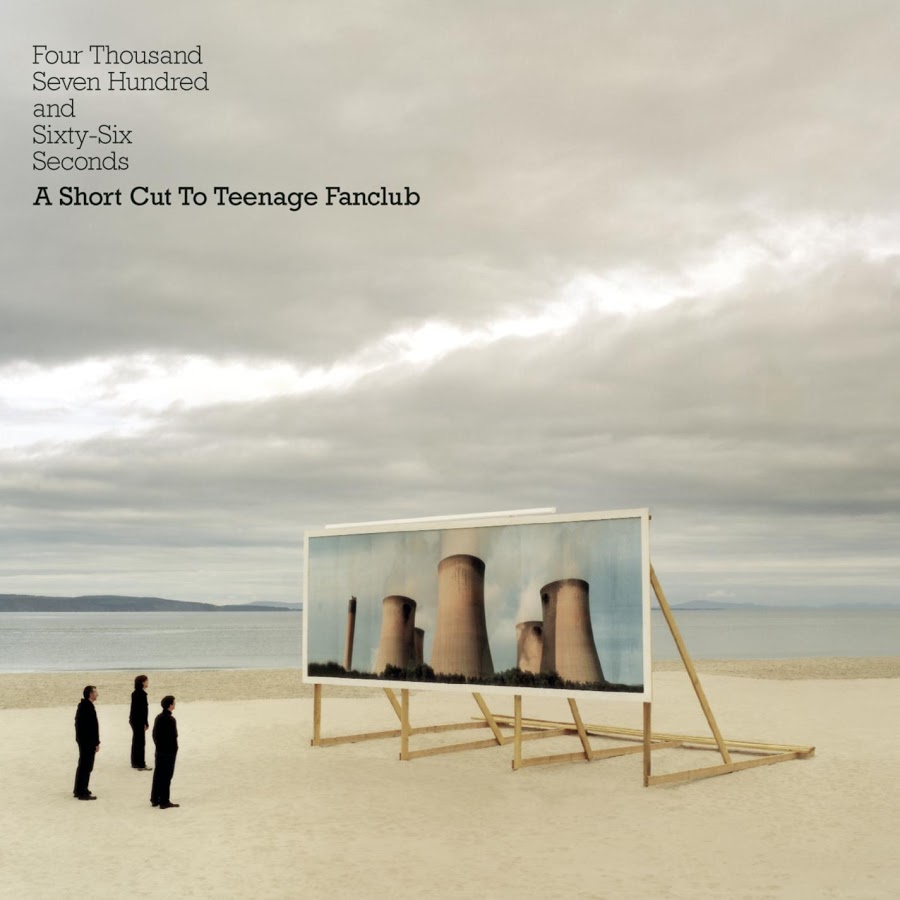
2002, 9/10
In 1989, Raymond McGinley’s neighbour died. In her will, she bequeathed the young Scottish guitarist a washing machine and a refrigerator. Raymond sold these and used the proceeds to finance demos with his newly formed band, Teenage Fanclub, who were yet to play a live show. McGinley, singer/guitarist Normal Blake, and singer/bassist Gerard Love, who make up the nucleus of the group, recorded demos for A Catholic Eduction, the first album in a vaguely wayward but largely satisfactory career. Because they’re almost determinedly retro, it’s difficult to label Teenage Fanclub as significant as nineties contemporaries like Radiohead, but in terms of the basic components of melody and harmony the band have few rivals from their era; even Oasis declared them the second best band in the world. While the influence from the Big Star/Beatles axis is well documented, the less conventional Sonic Youth also informs the group’s sound, and the heavy guitar layers are more complex than traditional power pop. This collection takes in highlights of their career between 1990 and 2002; I haven’t heard any of the group’s studio albums, but this flows extremely well as a compilation and at precisely 4,766 seconds long it’s good value for money as well.
Classics include ‘The Concept’ (the first track on 1991’s Bandwagonesque, which Spin infamously named as album of the year ahead of Nevermind) with its opening line “She wears denim wherever she goes/Says she’s gonna get some records by the Status Quo”, Love’s anthem ‘Sparky’s Dream’ and Blake’s stuttering ‘Neil Jung’. Of the three new songs, Blake’s ‘Did I Say’ is a terrific hard driving yet lilting ballad. It’s hard to point out too may low points; although McGinley’s writing is generally less accomplished than his band-mates, he still contributes the excellent ‘My Uptight Life’.
I’m not always in the mood for idiosyncratic ground-breakers like Pere Ubu or Captain Beefheart, but I’m always happy to hear Teenage Fanclub.
Various Artists
Dead Man Walking (Soundtrack)
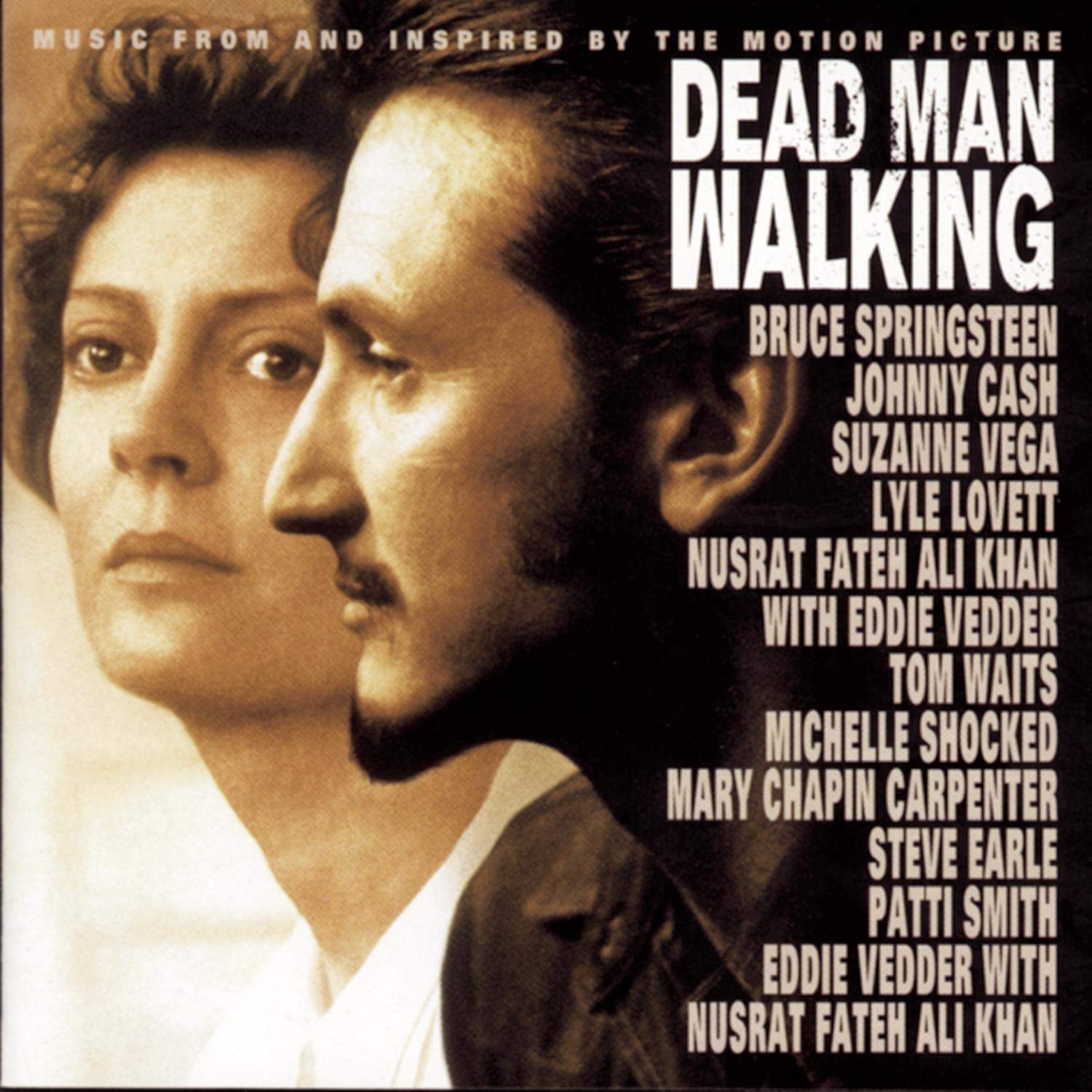
1996, 8.5/10
Because I run an album review site, I’m pretty fixated on studio albums. I don’t own many soundtracks, and the the reason that I do own the soundtrack to Dead Man Walking is that my friend managed a CD Store and was giving away damaged stock. Dead Man Walking is the 1996 soundtrack to a 1995 Tim Robbins film. I’ve never seen it, but it’s about the relationship between a man on death row (played by Sean Penn) and a nun trying to help him find redemption (played by Susan Sarandon). It’s not a normal soundtrack album, as David Robbins, who wrote the score, explains:
What makes the record so unusual is that only a few of the songs on it will end up in the final cut of the movie. Those that won’t, he says, were ”inspired” by the script and can be heard only on the companion album. ”I sent a rough cut of the film last summer to several songwriters I admire and asked if they felt inspired to write something,” says Robbins. ”Almost everyone I talked to did.”
David Robbins, Entertainment Weekly
Sometimes I’m reactionary against what I think of as “NPR music” – mature and acoustic Americana songs. It’s the music that someone in my demographic (bearded, early 40s, Caucasian, university educated) is expected to like, but I don’t like to be pigeonholed. The Dead Man Walking soundtrack effectively defines this “NPR music” niche, but it’s the right fit – the weathered voices of artists like Patti Smith and Johnny Cash have the gravitas to sing songs about confronting death,
There’s a pleasing level of commitment to the project from all the artists involved. Bruce Springsteen received a Grammy nomination for his opening title track, although Mary Chapin Carpenter’s gorgeous title track (‘Dead Man Walking (A Dream Like This)’) surpasses it for my money. I find it difficult to take a full album of Johnny Cash’s baritone but he’s very effective in the one song burst of ‘In Your Mind’.
Suzanne Vega’s ‘Woman on the Tier (I’ll See You Through)’ reprises the clanging percussion of her 99.9F album, while Michelle Shocked stands out with the record’s most rock-oriented song ‘Quality of Mercy’. Tom Waits contributes two songs, while Pearl Jam’s Eddie Vedder and Pakistani vocalist Nusrat Fateh Ali Khan sing backup on each other’s tracks.
More of a companion album than a soundtrack, Dead Man Walking gets some great new songs out of some musical legends.
7 Comments
Leave a Reply
Related Pages
About
Aphoristic Album Reviews is almost entirely written by one person. It features album reviews and blog posts across a growing spectrum of popular music.
Review Pages
Read about the discographies of musical acts from the 1960s to the present day. Browse this site's review archives or enjoy these random selections:
Blog Posts
I add new blog posts to this website every week. Browse the archives or enjoy these random selections:
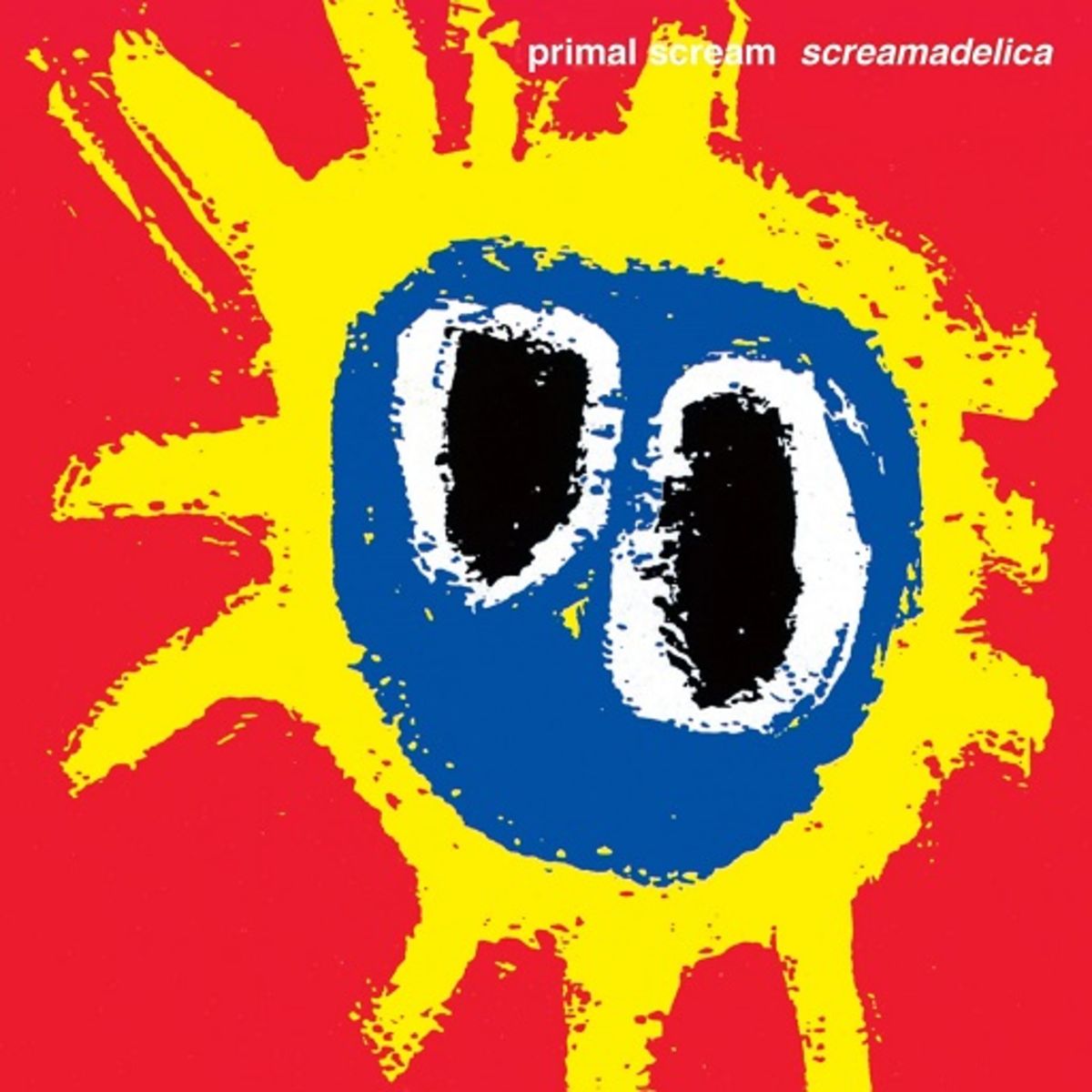
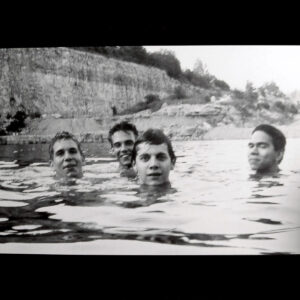
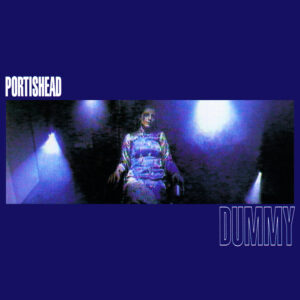
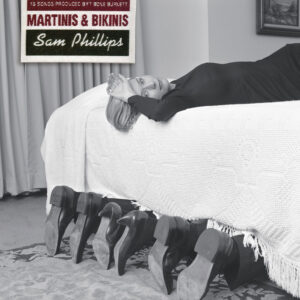
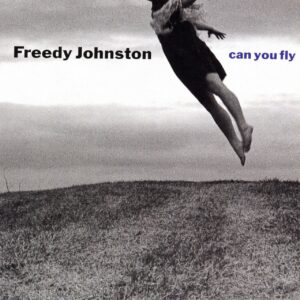
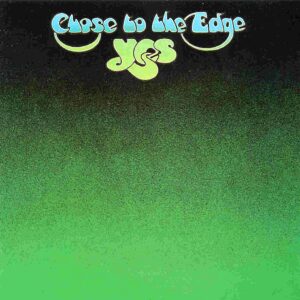
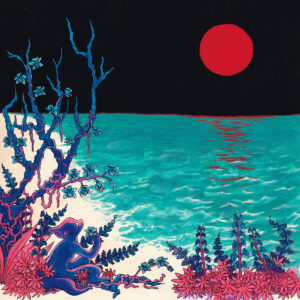
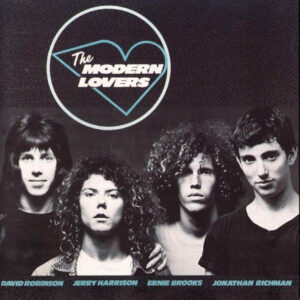


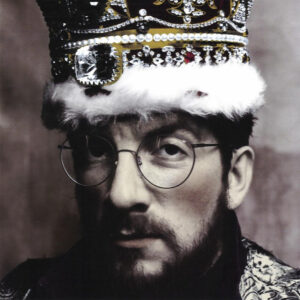

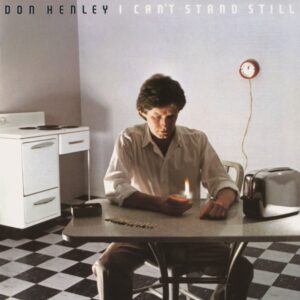

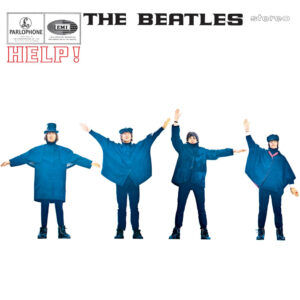
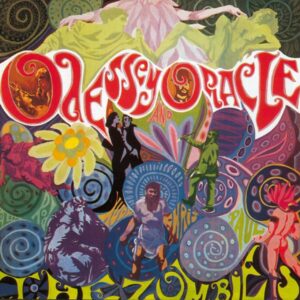
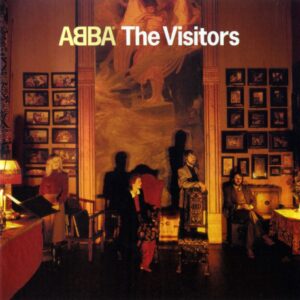

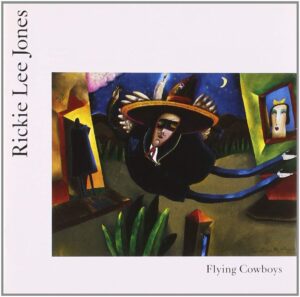
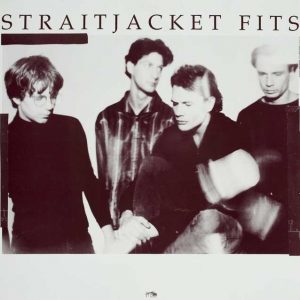





I’m glad I’m not the only person in the universe who thinks Whip Smart is better than Exile in Guyville. As a matter of fact, it’s a million times better. The songs are better, the music is better. It’s one of my favorite 90s albums. And after hearing Exile the first couple times, I didn’t care if I ever heard it again. Too bad you don’t like Stone Temple Pilots though. Purple is my favorite 90s hard rock album. It’s one of my favorite albums PERIOD. Greatest band since the 70s.
It’s been a long time (15 years?) since I listened to Phair – I should probably listen to those first two again to see if my opinion has changed.
That’s too bad that you didn’t like STP’s Purple. It is THE rock album of the 90s. And the best hard rock album since the 70s probably.
I really struggle with mainstream rock past the 1970s.
So do I. Mainstream rock ain’t what it used to be. Mainstream ANYTHING ain’t what it used to be. ha ha.
Enjoyed your Teenage Fanclub review, 100% agree. Their studio albums are definitely worth hearing.
I gave Exit From Guyville a go in the last few years but also struggled to like it, although I appreciate how important it would have been when it was released.
As for 90s “mainstream” rock, the two bands that really stood out for me were King’s X and the Screaming Trees. A lot of stuff was sounding so generic to me back then. KING’S X were incredible musicians who, to my ears, reinvented heavy rock and somehow brought the Beatles back into it 🙂
Screaming Trees were just a no-bullshit, proper rock & roll band, fronted by Mark Lanegan, who managed to break free of the mire known as grunge and re-introduce melody to searing rock songs.
I’ve been interested in hearing the more recent Teenage Fanclub stuff too – they’ve had some pretty good writeups.
I like Lanegan’s solo stuff. I think I heard Dust at one point – is that a good starting point?